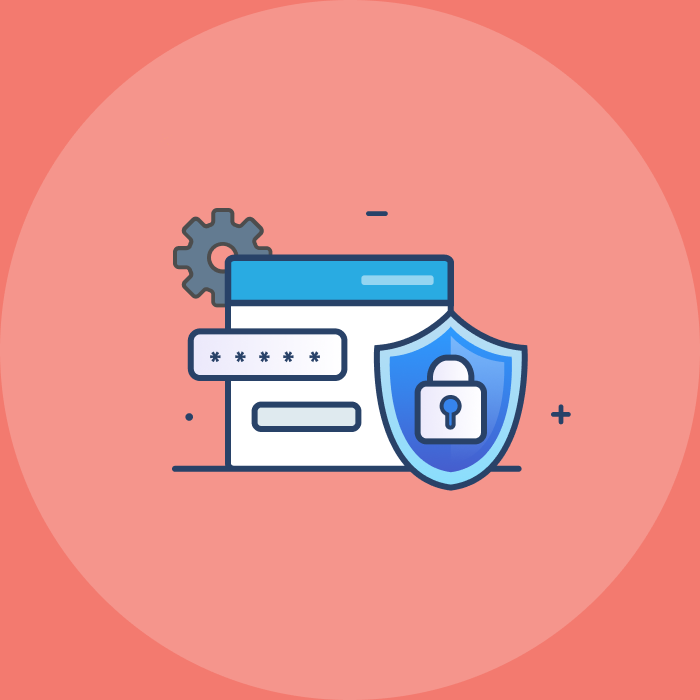Use VPNs
A virtual private network or VPN is one of the best ways to ensure peace of mind if you’re concerned about online privacy. A VPN provides encryption in any network by masking your IP address and therefore making it hard for people or your internet service provider to see your online activity. In addition, a VPN gives you access to content that is geo-restricted.
However, the most important aspect is that a virtual private network creates an encrypted connection, paving way for robust online security and privacy.
Whether you need a VPN at home or not can be a tricky question. If your concern leans more towards security than privacy, you should be good, for the most part. Your internet service provider is tasked with providing a network connection with adequate security protocols, which is prevalent overall. This makes a VPN in such a case, unnecessary or overkill.
VPNs come in handy when connecting to public networks. The Wi-Fi at hotels, cafes and libraries lack substantial security protocols and you don’t have ways to cover these holes. Hackers use these networks to attack unsuspecting victims, stealing their data and doing all sorts of malicious activities.
Using a VPN to browse the internet makes a data tunnel that encrypts your data, making it unreadable by a third party. Anyone who might be eavesdropping on your online activity will have a tough time accessing the information they need. Both your location and browsing history will be associated with a virtual private network server, rather than where you’re actually located.
Consider Proxies
Proxies are in many ways similar to VPNs. They provide an alternative to mask your IP address. Additionally, a proxy prevents requests from your IP address and requests from coming to your IP address directly.
In regard to anonymity, proxy services focus more on automation data collection and recognition instead of avoiding certain parties that may be interested in your browsing history.
A general rule of thumb is to consider proxies as a form of masking your IP address and not anonymity or security, especially if you’re a personal user instead of a business.
Use a site such as 1337x mirror. to see recommendations of proxies you can try to see what matches your needs. The list provided on Webshare is ideal as you do not have to worry about captchas and IP bans.
Use Incognito Mode
Incognito mode is perhaps the most basic privacy option for surfing the web. It is easily enabled by clicking the settings menu on your browser. However, keep in mind that privacy mode is limited while using this mode. Incognito mode might prevent storing browsing history and cookies on your device, but it goes only as far as your local device. You can still watch videos, read books and do other things without your spouse, kids or parents finding out. However, if somebody wishes to track your IP address, they will have few hurdles doing so, unless you have additional measures.
Avoid Using Social Media
Social media platforms are the most commonly used parts of the web, playing a prominent role in our lives. Unfortunately, many people lose track of how much time they spend on Instagram, Twitter, Facebook, etc.
There’s no denying that everyone avoids posting personal information on these platforms. However, if you are looking for anonymity, posting photos of your travels, meetings with friends, work, etc., is not the best idea.
Even if you find something that interests you, look at the posts without a user profile, or use a fake one. According to BBC, one of the primary causes of identity theft is leaving traces on social media platforms.
Avoid Using Communication Platforms
Just like social media platforms, communication platforms such as Discord pose a substantial threat. While they may encourage more anonymity with avatars and nicknames in profiles, it is still possible to overshare your information and become a victim.
Yes, you may come across a community of similar minded people on Discord, sharing the same interests like movies, books, music, video games, etc. The ability to create a channel and invite others to join makes it easier to connect and become attached to people interested in similar things as you. However, you do not know the real identity of the other party and who they are in real life. As such, it is advisable to stick to general channels and avoid exposing yourself to these communication platforms.

